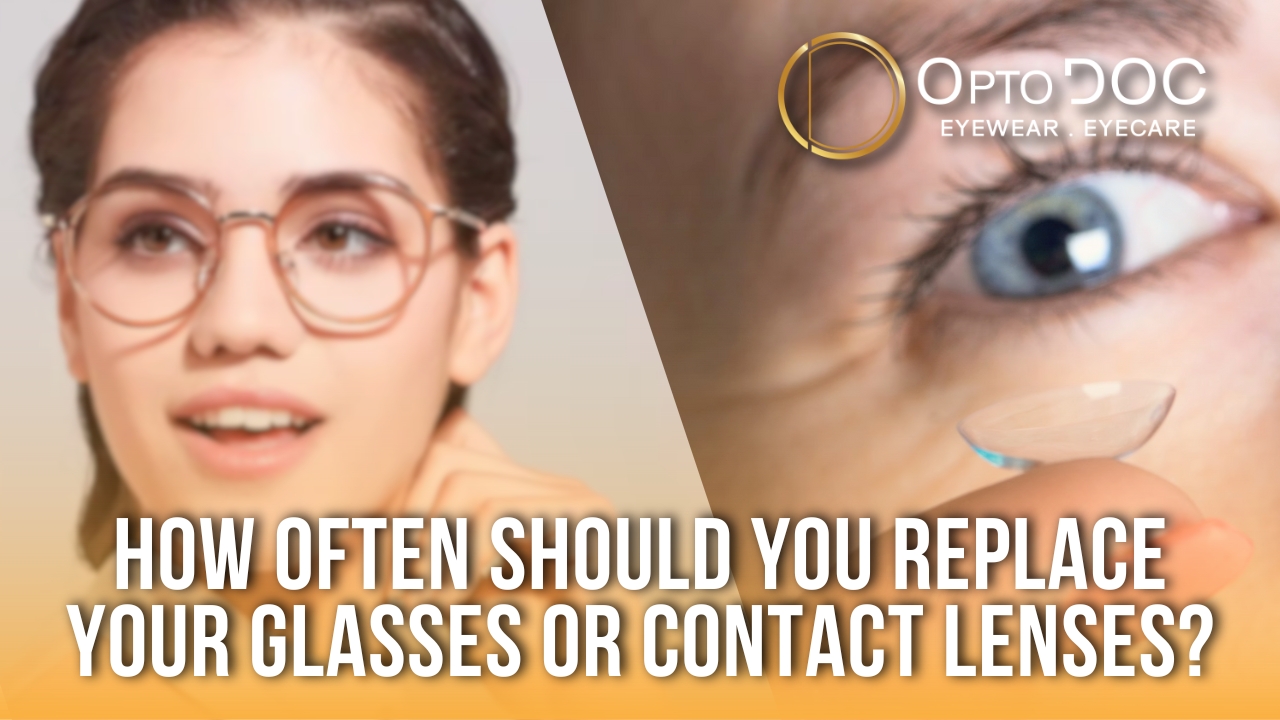
How Often Should You Replace Your Glasses or Contact Lenses?
Your vision is one of your most important assets, and taking care of it requires regular check-ups and attention to the condition of your eyewear. Whether you wear glasses, contact lenses, or both, you might be wondering how often they need to be replaced. Let’s break it down for you!
When to Replace Your Glasses
Glasses are a long-term investment in your eye health, but they don’t last forever. Here are some signs that it might be time to replace your glasses:
- Prescription Changes: If you find yourself squinting more or struggling to read signs at a distance, it could be a sign that your prescription has changed. Experts recommend having an eye exam at least once a year to ensure your prescription is up-to-date. If it’s not, it’s time for new lenses or even a new pair of glasses.
- Scratches or Damage: Over time, lenses can get scratched or frames can become loose or bent. Even minor damage can affect your vision clarity, so if your glasses are looking a little worse for wear, consider replacing them.
- Outdated Style: Fashion trends in eyewear are always evolving, and if your frames feel outdated, you might want to upgrade to a more modern style. At OptoDoc, we offer a wide range of stylish frames to suit any taste!
- Discomfort: If your glasses no longer fit comfortably or cause pressure points on your nose or behind your ears, it’s time to get a pair that fits properly and feels good to wear.
When to Replace Your Contact Lenses
Contact lenses are designed for daily or extended use, but they also have a limited lifespan. Here’s what you need to know about replacing them:
- Daily Disposable Lenses: These lenses are meant to be worn for one day only and then discarded. Make sure to follow this schedule strictly to avoid eye irritation and infection.
- Monthly or Bi-Weekly Lenses: If you use lenses that are designed to last for two weeks or a month, it’s crucial to stick to this timeline. Wearing them longer than recommended can lead to a build-up of protein and bacteria, which can affect your eye health.
- Signs of Discomfort: If your contact lenses start feeling dry, uncomfortable, or blurry even before their replacement date, it’s best to switch to a fresh pair. Never ignore the warning signs of irritation.
- Follow-Up Eye Exams: Schedule regular eye exams to ensure that your prescription remains accurate for your contact lenses. An outdated prescription can cause discomfort and impact your vision quality.
OptoDoc: Your Partner in Eye Care
At OptoDoc, we understand that keeping your eyewear up-to-date is essential for maintaining clear and comfortable vision. Our expert team is here to help you find the perfect glasses or contact lenses, and we offer a wide variety of options to suit every need and lifestyle.
If you’re not sure when to replace your glasses or contact lenses, visit us at OptoDoc! We’ll provide personalized recommendations based on your prescription and lifestyle. Don’t forget to book your next eye exam to make sure your vision is always at its best!
Click here to book your appointment at OptoDoc today!
Why Choose OptoDoc?
- Comprehensive eye exams to keep your prescription up-to-date
- A wide selection of stylish frames and contact lenses
- Personalized service to help you choose the best eyewear for your needs
- Convenient online booking and direct billing to insurance providers
Your vision is our top priority at OptoDoc. Let us help you take the best care of your eyes with the right eyewear and expert advice!
Discover OptoDoc: Your Destination for Top-Notch Eyewear and Eye Care
We want to take a moment to introduce our optician, Amanda Jappert, who joined us on board a few mon
Ways to Get Dry Eye Relief
Learn the difference between bifocal and multifocal contact lenses, and discover which one may be ri
The Pros and Cons of Daily Disposable Lenses
Is the convenience worth the cost? Let’s take a closer look at whether daily disposables are the r


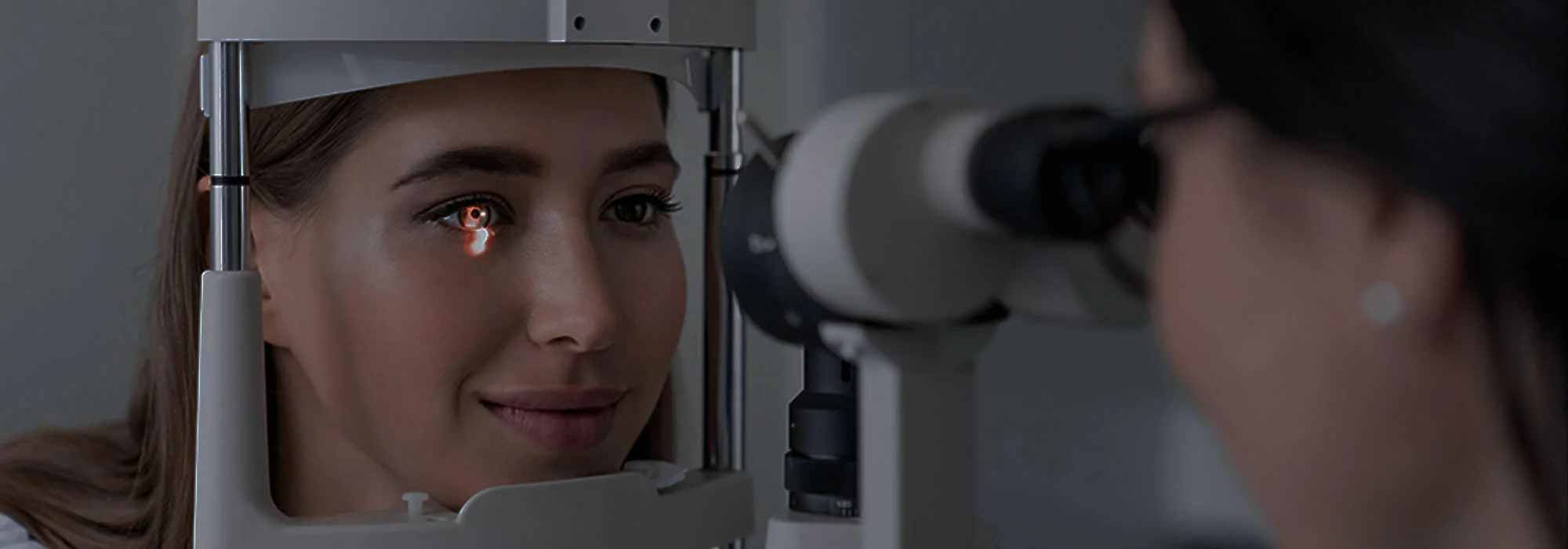

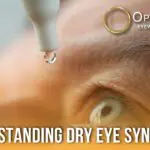

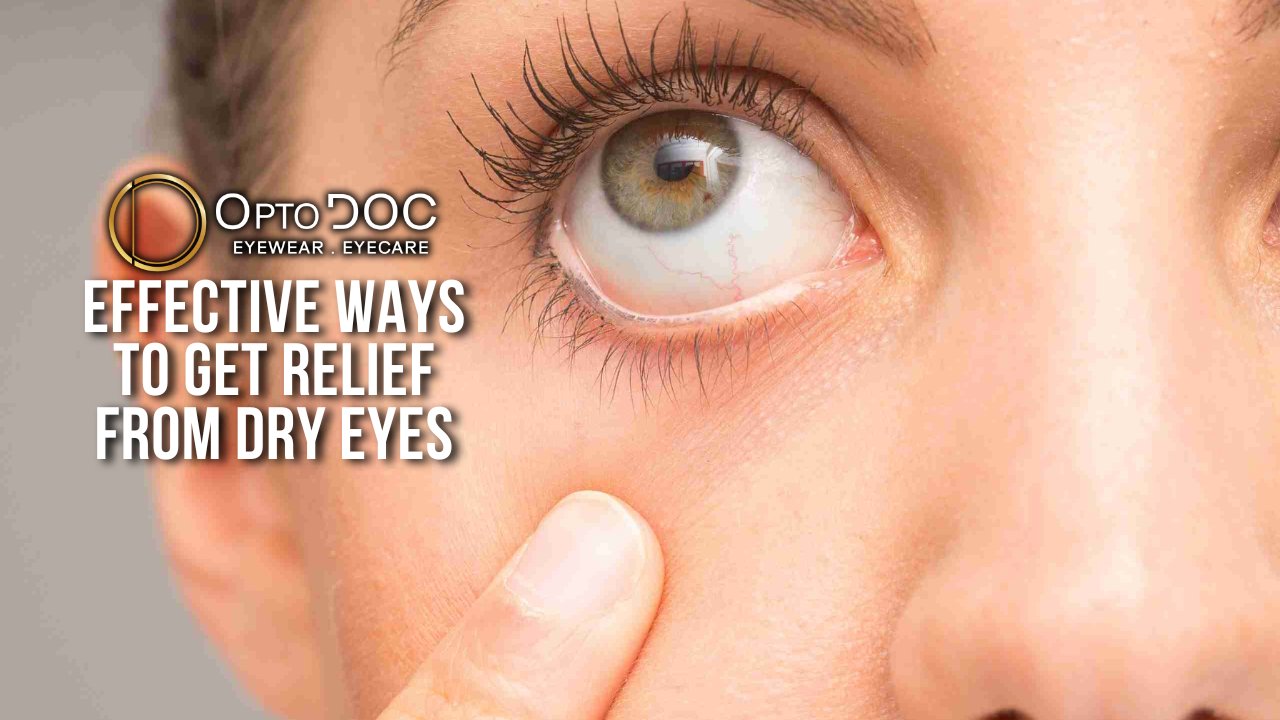
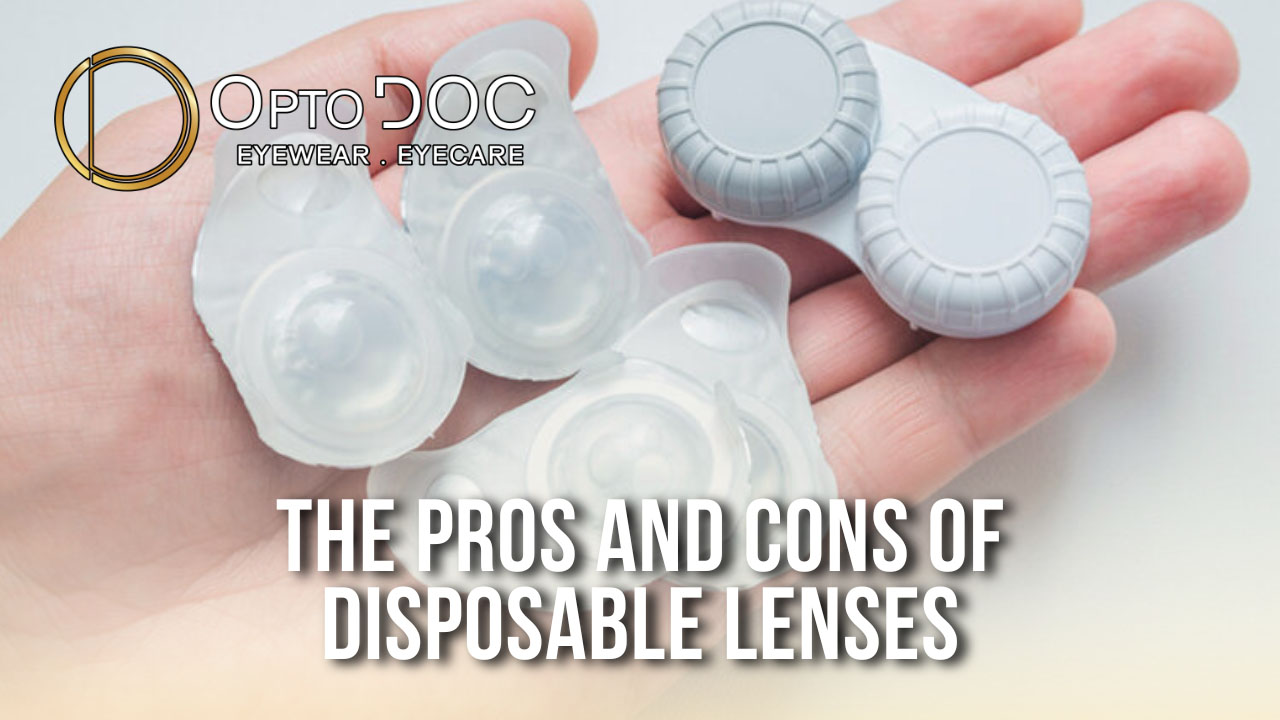

Leave a Reply